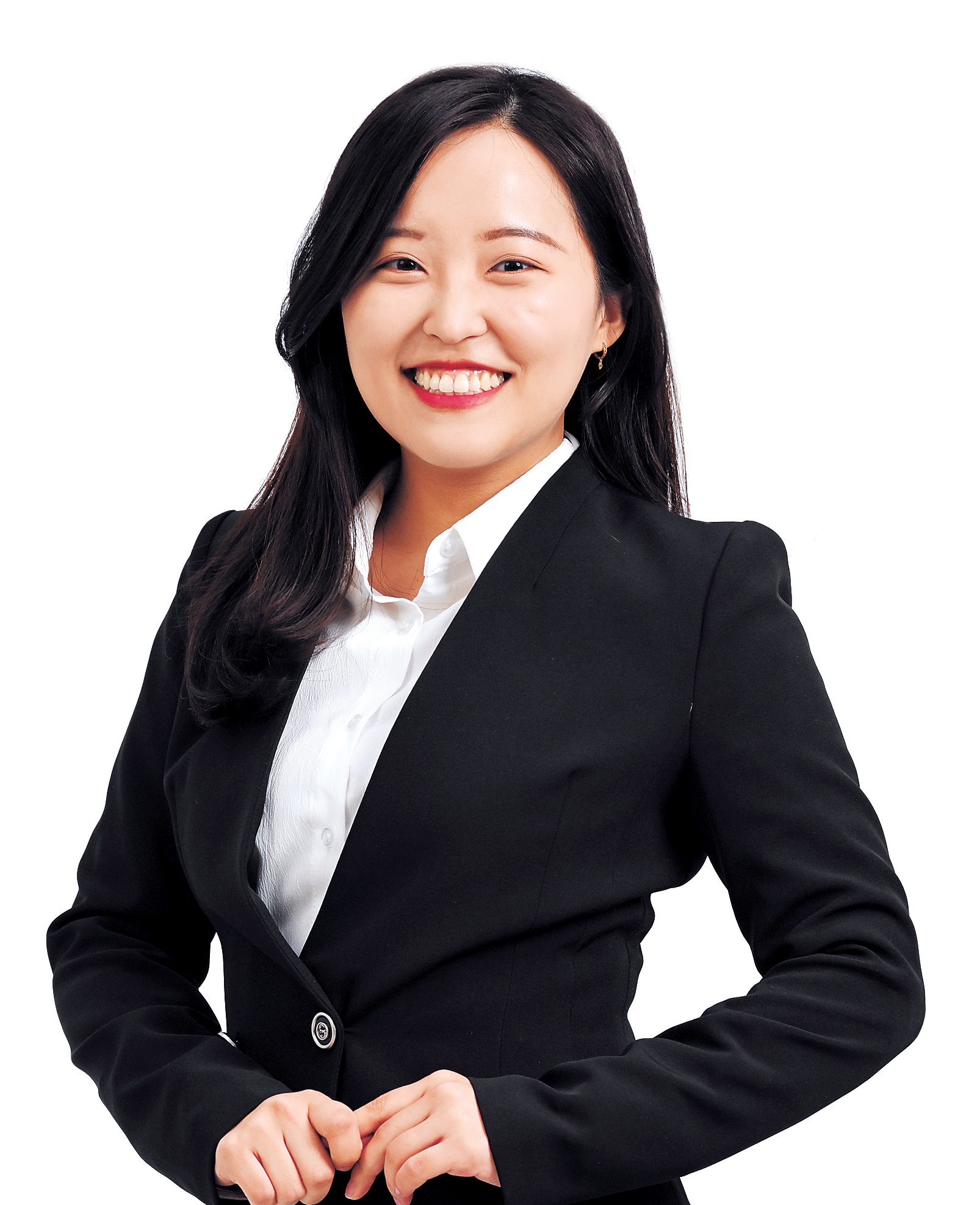Seoul eyes expanding foreign caregiver pilot program
Seoul says it wants to recruit more caregivers from SE Asian countries other than Philippines
By Lee Jung-jooPublished : Nov. 5, 2024 - 16:01

The Seoul Metropolitan Government and the Ministry of Employment and Labor stated on Tuesday that it wants to expand its current foreign caregivers pilot program -- now a little over two months in -- to include more caregivers from Southeast Asian countries other than the Philippines.
Since September, the Seoul Metropolitan Government has been running a six-month foreign caregiver pilot program with the Labor Ministry, with an aim to provide selected households based in Seoul with affordable child care in response to few local caregivers willing to do low-wage care work. According to the city government, there are currently 98 caregivers working in 169 households as of Sept. 30.
Before the pilot project started, the city government and the Labor Ministry already announced in June their plans to increase the number of foreign caregivers to 1,200 by the first half of 2025. Now, both organizations have said they want to bring in more caregivers and from other Southeast Asian countries than the Philippines.
“Since there is already a plan to expand the overall number of foreign caregivers, we should also consider looking at other caregivers from other countries other than the Philippines,” said a Labor Ministry official. “Though specifics cannot be given where, we are looking at several countries that could be potential options.”
Also, during a National Assembly audit of the Seoul Metropolitan Government Oct. 15, Seoul Mayor Oh Se-hoon stated that the city government plans to expand its foreign caregiver program to include workers from not just the Philippines but also Cambodia and other Southeast Asian countries, arguing that the current program requires “greater diversity and modifications to better align with Korea’s needs.”
However, experts told The Korea Herald that numerous matters that have raised controversy regarding the rights, safety and equitable treatment of the existing caregivers must be addressed first before expanding the program to include caregivers from other countries.
“Of course, having more caregivers to provide a service for many households requiring assistance in child care is important, but there are other matters to consider, such as the controversy surrounding their wages, as well as their overall treatment surrounding their well-being,” said Lee Kyu-yong, a researcher at the Korea Labor Institute.
On Sept. 15, two caregivers from the pilot program disappeared from their accommodations in Seoul, citing “overwork and overwatch,” referring to excessive work and surveillance.
Other remaining caregivers reported to the city government that their wages were “too low” compared to the amount of work they are responsible for, as the government does not provide additional support for their overall living expenses. They also added that their working conditions did not provide them with breaks to rest or eat properly, especially for the workers serving more than one household.
“Before expanding the program, the government must establish clear standards as to how much in wages will be paid to each caregiver, and how the caregivers’ workloads will be distributed among themselves to prevent cases of overwork and to also provide them with the opportunity to rest in between,” added Lee.
Meanwhile, the Labor Ministry and the Seoul city government stated that it will decide on the specifics of the foreign caregiver program after the pilot project ends in February 2025, such as which countries the program will expand to and the scope of the caregivers’ work after reviewing the results of an evaluation research service on the pilot project scheduled for February.






![[Herald Interview] 'Korea, don't repeat Hong Kong's mistakes on foreign caregivers'](http://res.heraldm.com/phpwas/restmb_idxmake.php?idx=644&simg=/content/image/2024/11/13/20241113050481_0.jpg&u=20241113223419)

![[KH Explains] Why Yoon golfing is so controversial](http://res.heraldm.com/phpwas/restmb_idxmake.php?idx=644&simg=/content/image/2024/11/13/20241113050608_0.jpg&u=)









